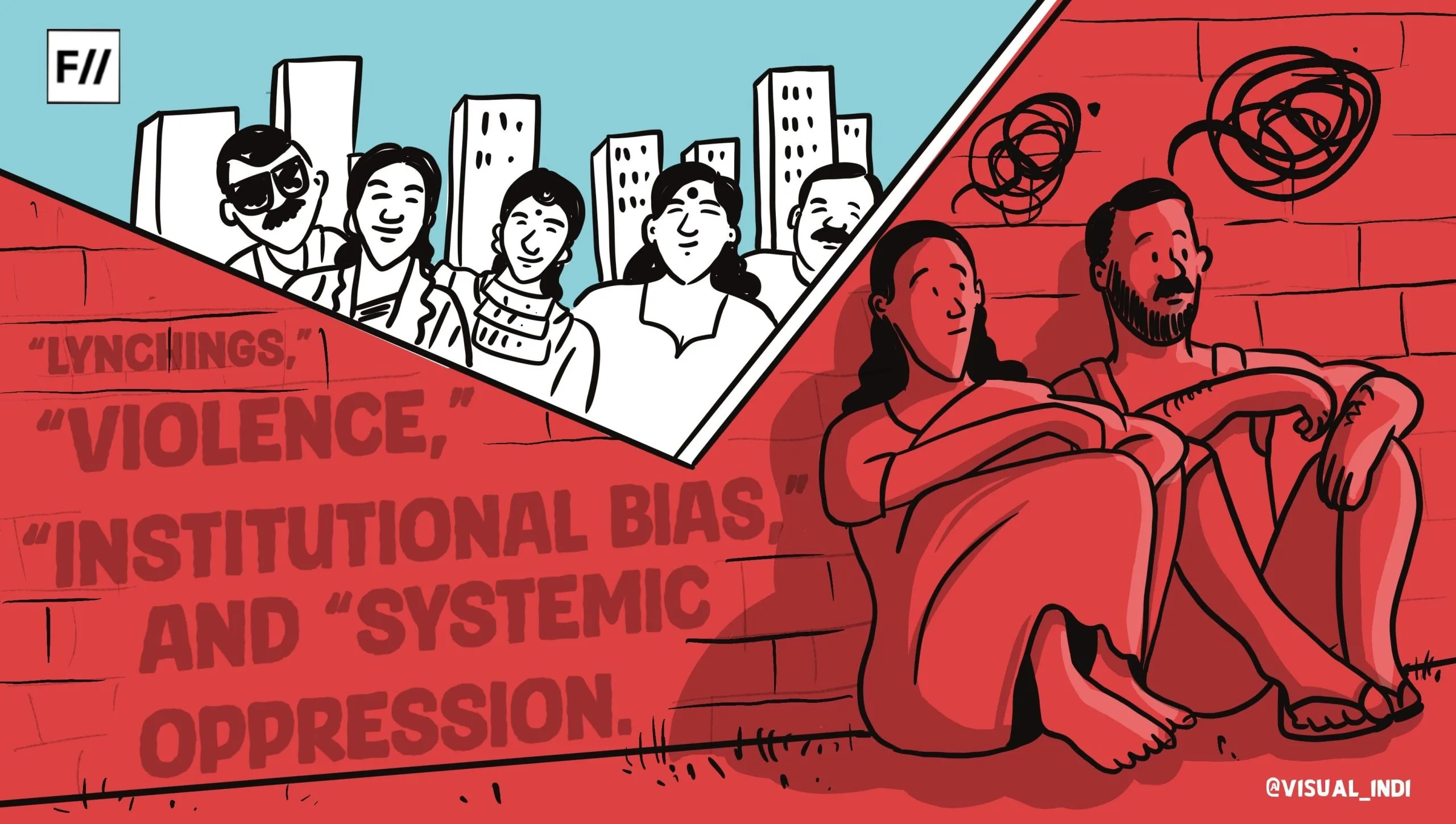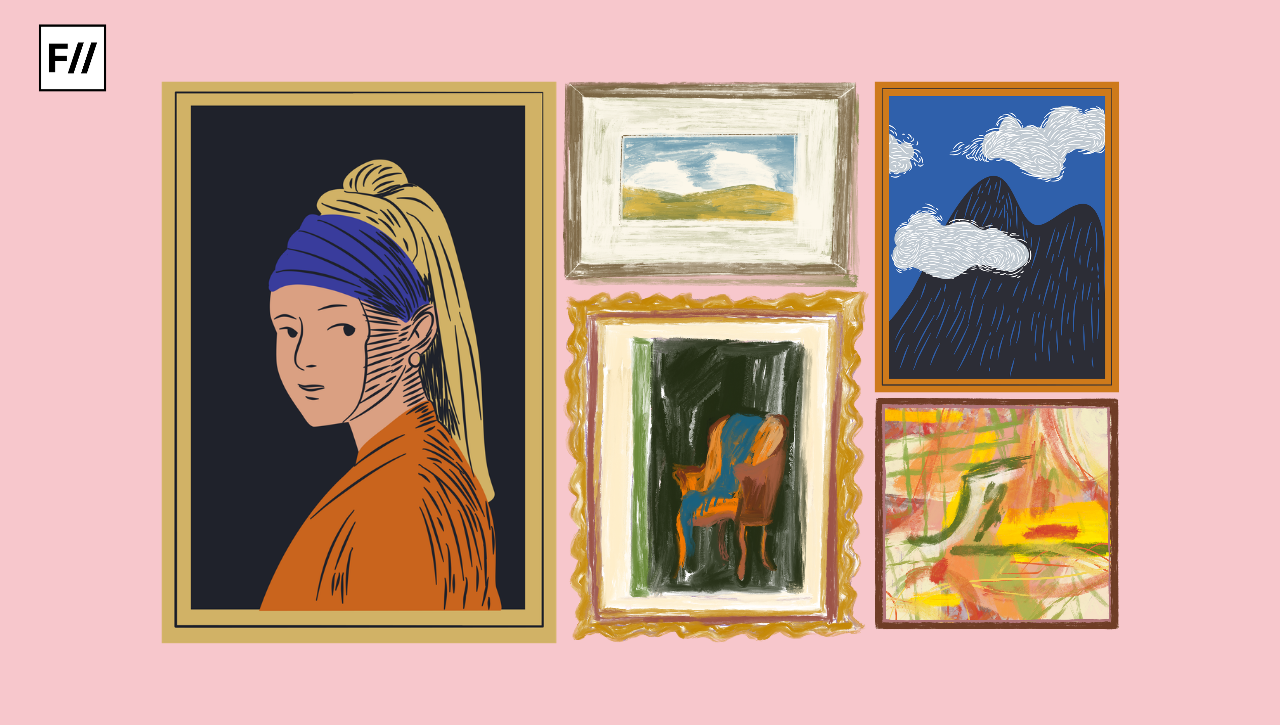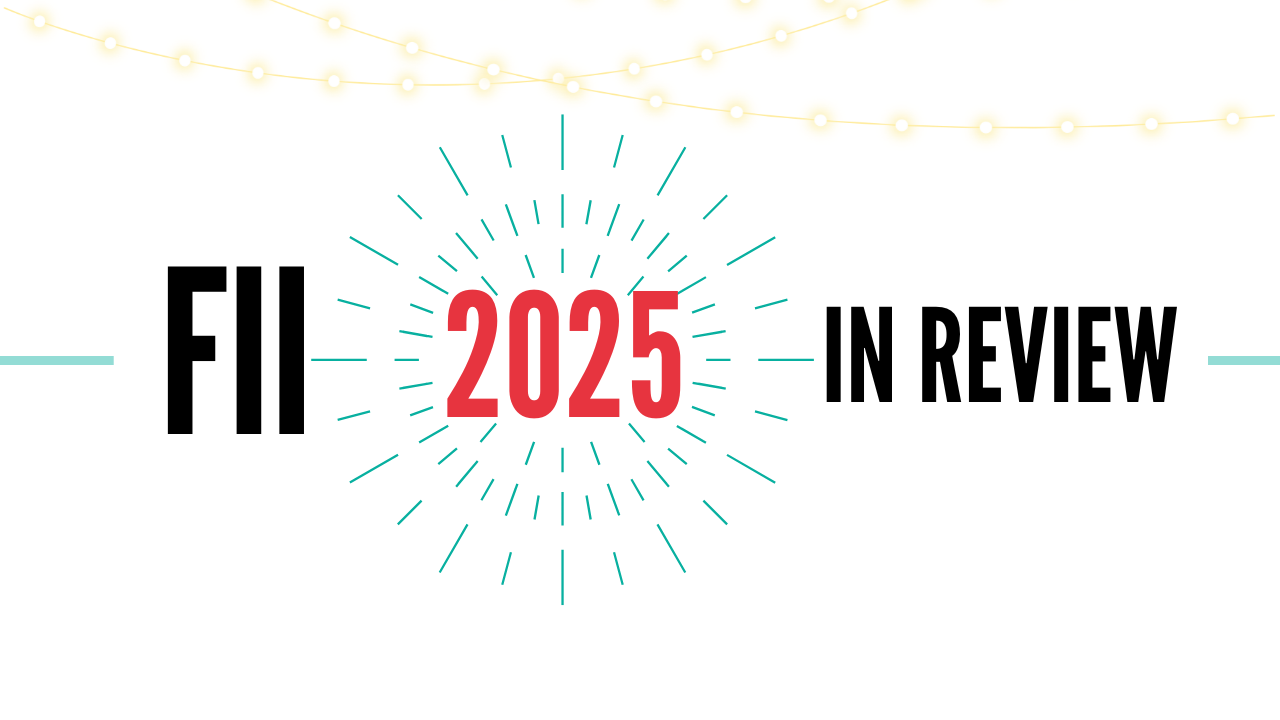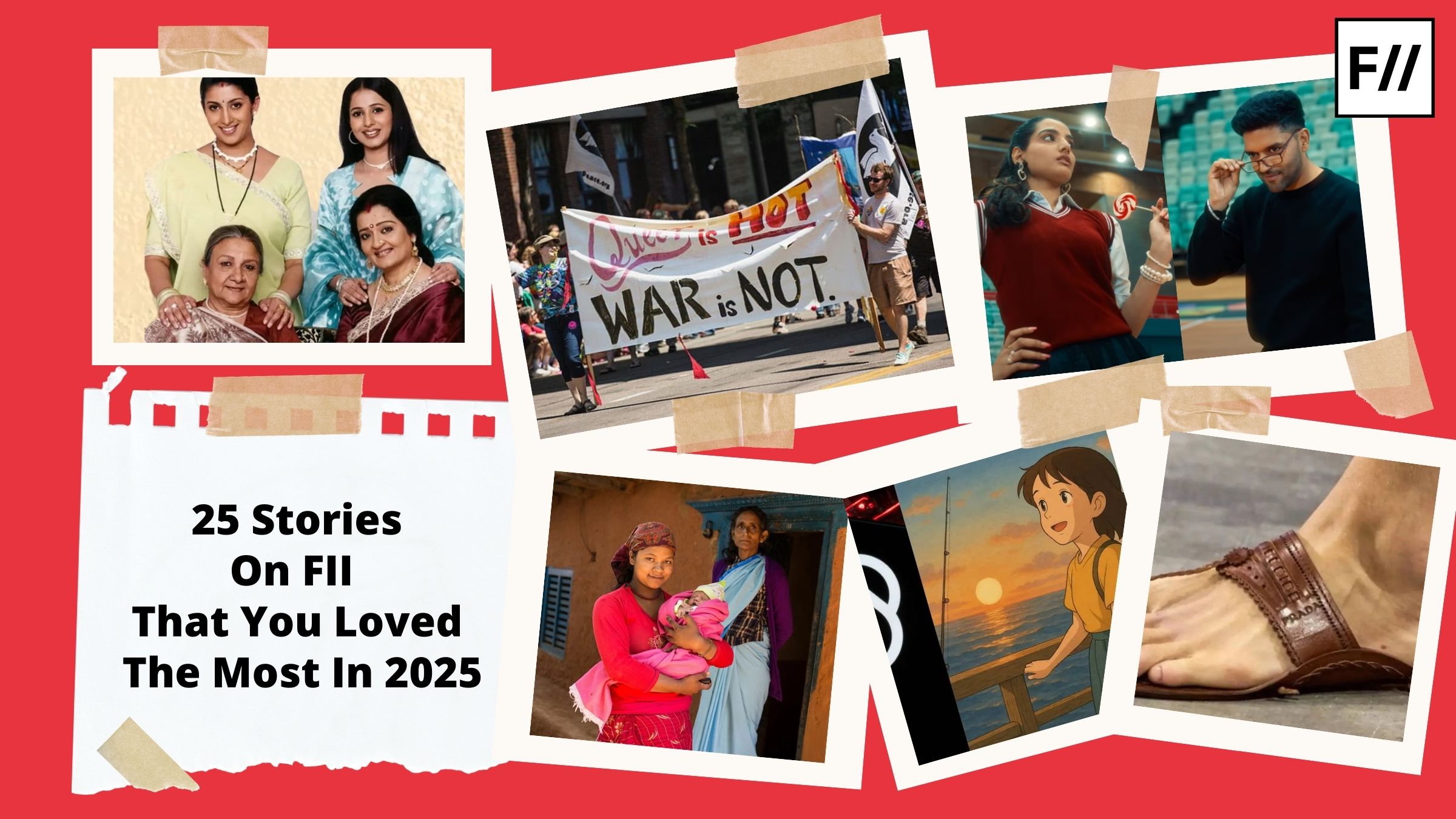The right to equitable healthcare is a fundamental need in today’s society. Mental health remains an important and intrinsic part of overall healthcare and needs to be given importance, especially in the current social climate which is rife with hate, marginalisation and division.
Mental health disorders like depression, anxiety, PTSD are often caused by systemic maladies like patriarchy, casteism and racism. Women face sexism and misogyny globally and this marginalisation leads to mental health issues. Often, it is difficult to pathologise this systemic mental illness and mentally ill women are further “othered” in society.
Access to sensitive mental healthcare is again gendered and often women are barred from accessing therapy. In many cases, women who suffer from mental health issues are forcefully institutionalised, tortured and incarcerated.
Moreover, since patriarchy affects men differently, they are discouraged from expressing their emotions and seeking professional help as well. For queer people, mental health issues stem from systemic violence, by a queerphobic society, intolerant natal families and orthodox keepers of religion. Therefore, gender plays a deep role in one’s mental health.
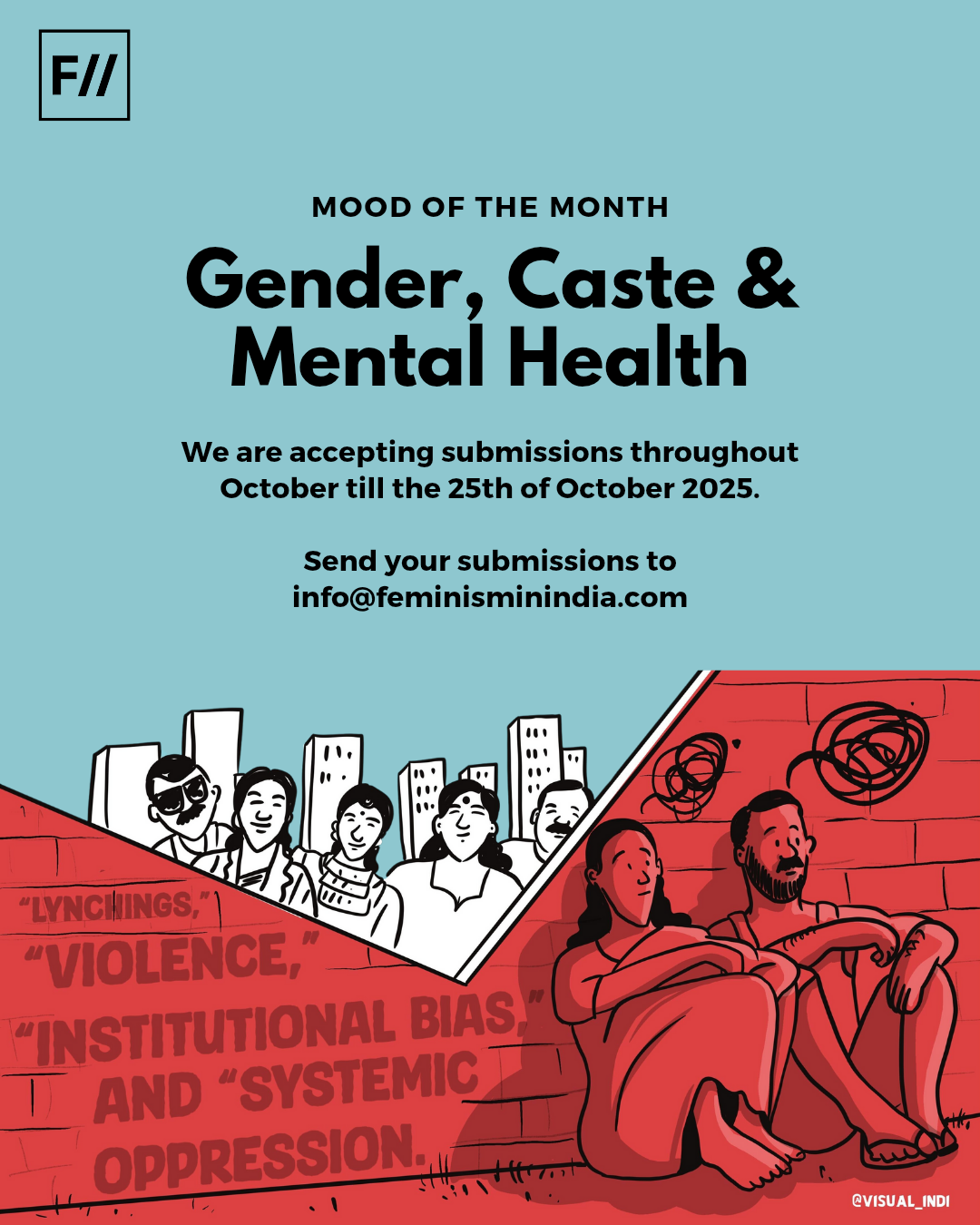
Similarly, one’s caste also plays a huge role in their mental health and access to mental healthcare.
According to a report by Asia Society, ‘People from lower castes tend to experience depression 40% more than the national average in India. Some students face difficulties in accessing care as well, as often, authority figures abuse their power. This has led to increased rates of depression, anxiety, and suicidal tendencies among students from marginalised communities.’
Oppressed caste individuals are also neglected by upper caste health care officials and mental health care providers leading to further disparities in access to mental health care among oppressed caste minorities. Discussing caste in mental healthcare is not prevalent and very few psychologists and mental health care providers are from Dalit, Bahujan and Adivasi communities who can better empathise with the caste-based lived experiences of people.
Asia Society’s report also mentions, ‘Medical institutions carry out malicious forms of bias: lowered caste persons face longer wait times, and callous doctors, who refuse to touch the patients, or even admit them to their clinics. Some have complained that they have tried to share their problems with psychologists, but the burden of guilt is placed on them, rather than the medical professional: and caste affects how mental health practitioners understand or relate to clients. The very understanding of psychology within India is dominated by “elite upper caste Hindu professionals,” making it inaccessible and, in some cases, downright hostile to marginalised communities.’
According to a report by Vice News, ‘Access to mental healthcare and investing in your wellbeing remain a distant dream for Dalit Bahujans in India. The problem lies in having fewer Bahujan people in the mental healthcare profession. The systemic oppression that Dalit Bahujans face in India often goes unacknowledged by upper-caste therapists who dominate the field, or it is reduced to one’s flaws.’
The intersection of gender, caste and mental health is, therefore. an important social and medical/healthcare issue that requires urgent attention and demands action by advocating for equitable healthcare as a human right and behavioural change in society. To create discourse and shed an urgent light on the intersection of gender, caste and mental health, FII is looking for submissions throughout the month until the 25th of October 2025.
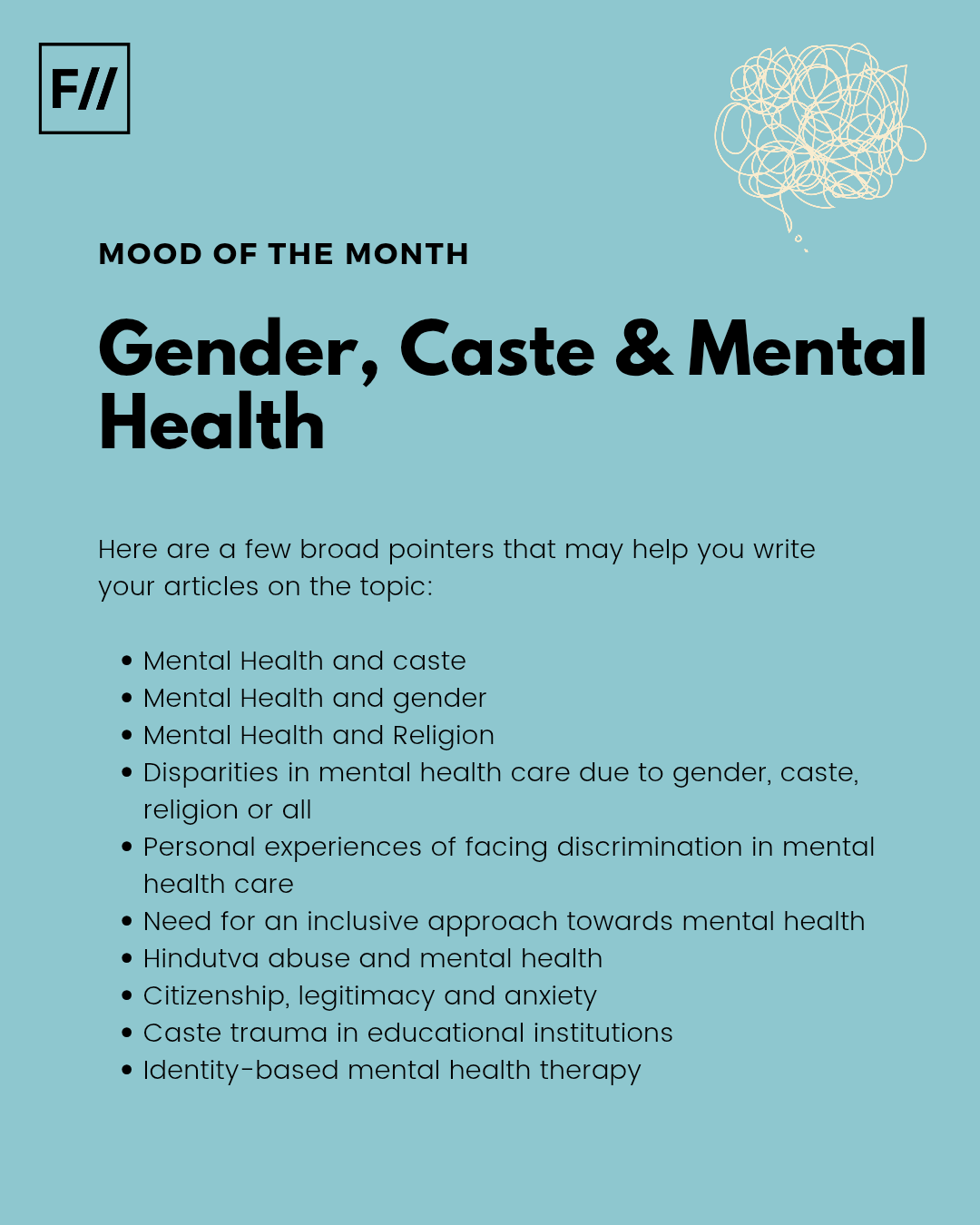
Here are some of the themes that you may find helpful in putting together your thoughts:
- Mental Health and caste
- Mental Health and gender
- Mental Health and Religion
- Disparities in mental health care due to caste/gender or both
- Personal experiences of facing discrimination in mental health care
- Need for an inclusive approach towards mental health
- Hindutva abuse and mental health
- Citizenship, legitimacy and anxiety
- Caste trauma in educational institutions
- Identity-based mental health therapy
- Systemic negative affect and the need to de-pathologise mental health issues caused by social oppression
- Need for inclusive support groups and safe spaces
- Identity and generational trauma
- Queering mental healthcare
- Women/queer/oppressed caste professionals in mental healthcare
This list is not exhaustive and you may feel free to write on topics within the theme that we may have missed out here. Please refer to our submission guidelines before you send us your entries. You may email your submissions to info@feminisminindia.com.
We look forward to your drafts and hope you enjoy writing them!
About the author(s)
Feminism In India is an award-winning digital intersectional feminist media organisation to learn, educate and develop a feminist sensibility and unravel the F-word among the youth in India.
